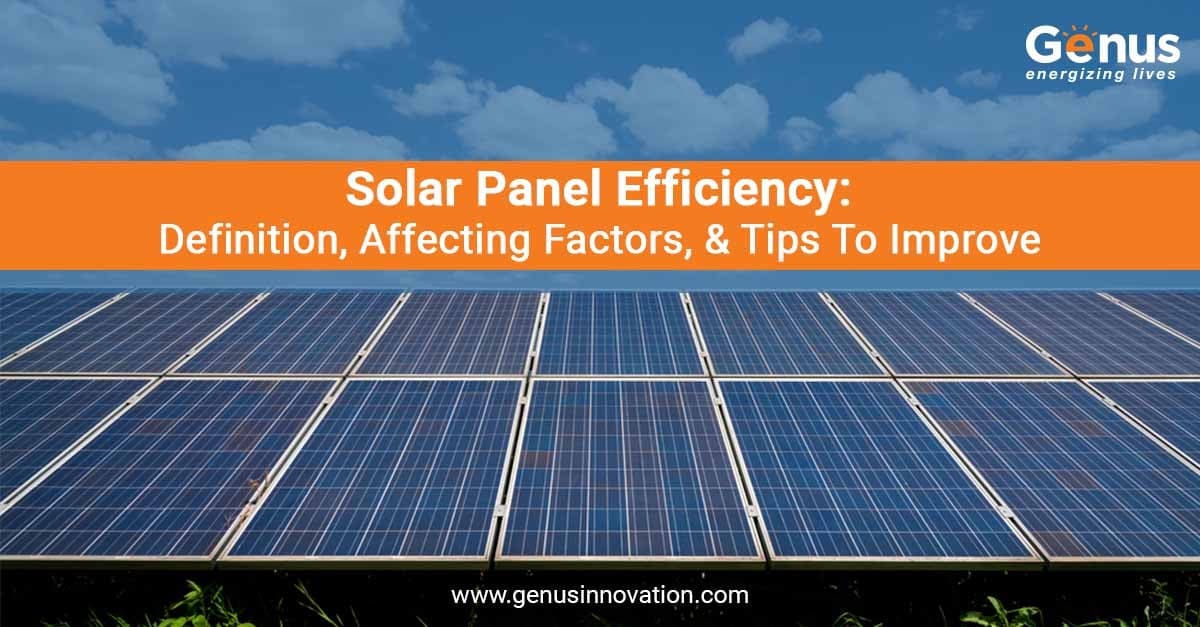Magnesium Alloy Plates,Forging magnesium plate,Magnesium Alloy Engraving Plate Luoyang Maige Magnesium Industry Co., Ltd , https://www.maigemagnesium.com
Solar panel efficiency is a topic that has gained significant attention in recent years. As more people become conscious of environmental impact and energy costs, solar panels have become a popular choice for homes and businesses alike. Many have already made the switch to solar energy, while others are considering it as a smart investment for the future.
But how efficient are solar panels, and what factors influence their performance? Solar panel efficiency refers to the percentage of sunlight that is converted into usable electricity. Typically, residential panels range from 18% to 20% efficiency, though this can vary based on several factors such as materials, installation, and environmental conditions.
In this blog, we’ll explore key elements that affect solar panel performance and provide practical tips to maximize your system’s efficiency.

**What is Solar Panel Efficiency?**
Solar panel efficiency measures how effectively a panel converts sunlight into electricity. It’s calculated by comparing the amount of sunlight (input) to the electricity produced (output). While 18-20% is considered average for home systems, advancements in technology are pushing these numbers higher.
**Factors That Affect Solar Panel Efficiency**
Several elements play a role in determining how well your solar panels perform:
- **Panel Material:** High-quality materials like monocrystalline silicon tend to be more efficient than polycrystalline or thin-film options.
- **Installation Quality:** Poorly installed panels may not receive optimal sunlight exposure, which can significantly reduce efficiency.
- **Environmental Conditions:** Weather, shading, and temperature all impact performance. For example, heavy snow or shade can block sunlight and lower output.
To get the most out of your solar investment, it's essential to choose quality panels and ensure proper installation.
**Panel Types and Their Efficiency**
Different types of solar panels offer varying levels of efficiency:
- **Monocrystalline Panels:** Made from a single crystal of silicon, these panels are the most efficient and durable.
- **Polycrystalline Panels:** These are slightly less efficient but more affordable and have been widely used for many years.
- **Thin-Film Panels:** Less efficient and less durable, but easier to install and lighter in weight.
**Real-World Influences on Efficiency**
Beyond the panel itself, real-world conditions also affect performance:
- **Weather:** Cloudy days don’t stop panels from working, but heavy rain or snow can reduce efficiency.
- **Panel Orientation:** Proper positioning is crucial. Panels should face south (in the Northern Hemisphere) and be angled to capture maximum sunlight.
- **Shading:** Even partial shading from trees or buildings can significantly reduce output.
**Tips to Improve Solar Panel Efficiency**
If you’ve already installed solar panels, here are some ways to boost their performance:
- **Clean Regularly:** Dust, dirt, and debris can block sunlight. Clean your panels at least once a month for optimal performance.
- **Schedule Maintenance:** Have professionals inspect and maintain your system regularly to prevent issues and ensure smooth operation.
- **Hire Experts for Installation:** A professional installer will assess your property, ensuring your panels are placed where they'll receive the most sunlight.
- **Use Energy-Efficient Appliances:** Switching to LED lighting and other energy-saving devices can reduce your overall energy consumption, making your solar system more effective.
Genus Innovation offers high-quality solar panels and expert installation services tailored for both residential and industrial use. If you're looking to invest in solar energy, reach out to us today for a consultation and competitive pricing. Let’s make the most of the sun’s power together.